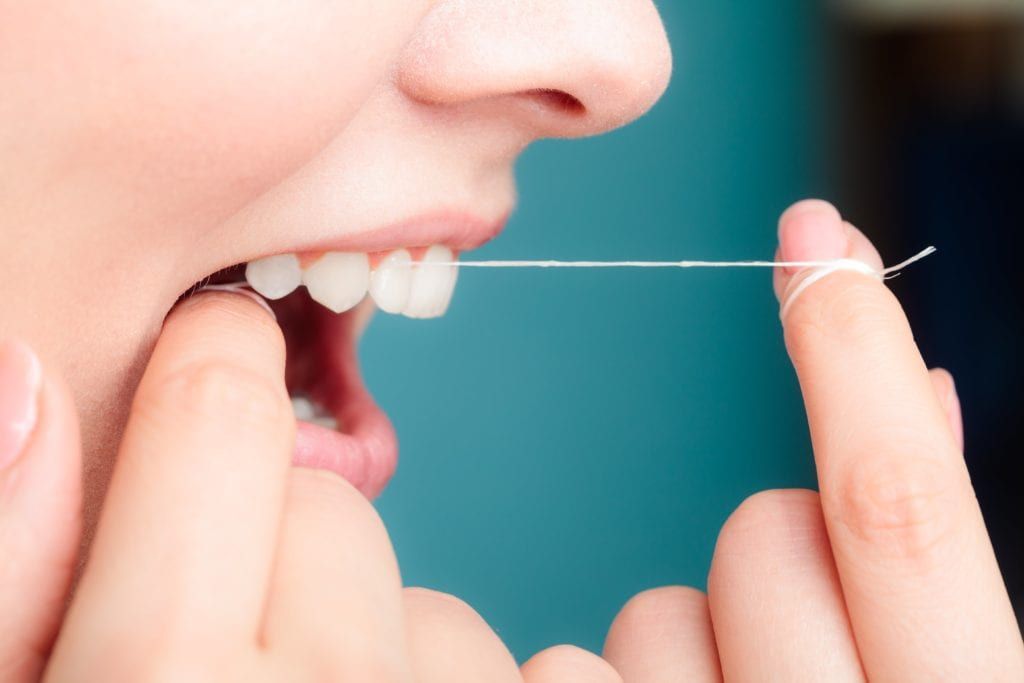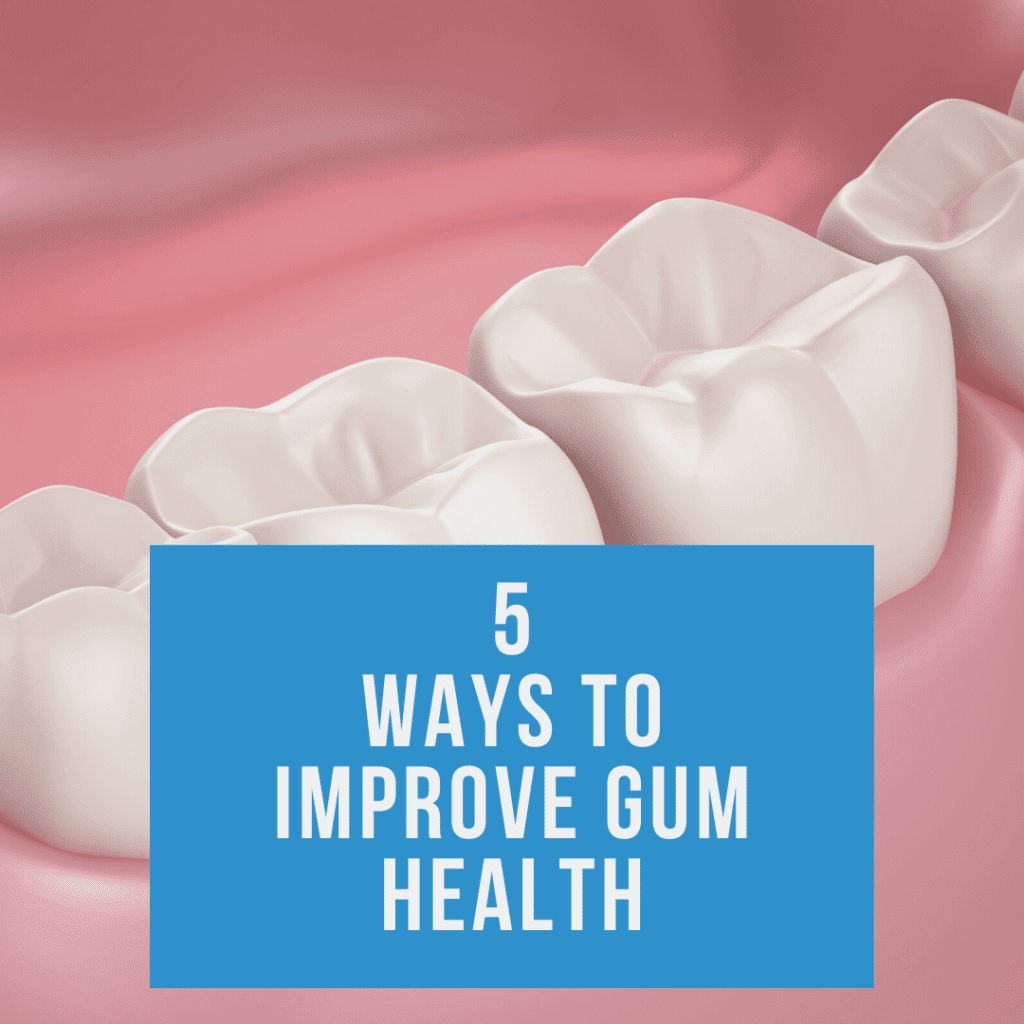When most people think about keeping their smile healthy, they automatically think of their teeth. While the health of your teeth is certainly an important part of your oral health, don’t forget about the health of your gums. Just as your teeth can develop decay from excess bacteria, your gums can also become inflamed as well. When this happens it is known as gum disease or periodontal disease.
Unfortunately, gum disease is very common and the CDC notes that as many as 47.2% of Americans over the age of 30 currently have some form of the disease. There are two forms of gum disease. The mild form is known as gingivitis, while the advanced form is known as periodontitis. With proper treatment, gingivitis can be reversed, while periodontitis is a permanent condition that must be managed to prevent it from getting worse.
One reason why gum disease is so common is because many people who have gingivitis don’t even know that they do. Unfortunately, by the time they start experiencing noticeable symptoms, they are usually diagnosed with periodontitis. However, it is important to note that gum disease can be prevented just like tooth decay. In order to maintain and/or improve the health of your gums, here are some tips:
Brush
Brushing your teeth twice a day is an essential part of your oral hygiene routine because it decreases the risk of tooth decay. However, brushing twice a day can also decrease your risk of gum disease. This is because tooth decay and gum disease are both caused by bacteria found in the mouth. When this bacteria accumulates on the enamel, it causes tooth decay, and when it accumulates along the gum line, it causes gum disease. By brushing twice a day, you remove the plaque where bacteria live, reducing your risk.
Floss

However, brushing is not enough. While brushing your teeth certainly removes a lot of plaque from the majority of your teeth, only flossing can remove plaque from harder to reach areas. Flossing is especially beneficial when it comes to removing plaque from between the teeth and accumulating along the gum line. To have positive results with flossing, you should only be flossing once a day, since flossing more than that can cause gum irritation.
Get Your Teeth Cleaned Regularly
Another important way to keep your mouth clean and free from excess bacteria is to have your teeth professionally cleaned by a dental hygienist at least once every six months. These thorough cleanings are necessary to remove plaque, bacteria, and tartar, from places that you usually miss during your daily routine. While plaque and bacteria can be removed with brushing and flossing, when plaque hardens into tartar it can only be removed using special dental tools.
Use Mouthrinse

Mouthrinses are formulated to improve your oral health by addressing a number of concerns. In most cases, mouthrinse contains fluoride to improve the health of your teeth, as well as an antimicrobial to kill excess bateira. Using an over the counter mouth rinse after eating helps to flush the oral cavity from debris, kills excess bateria, and prevents the accumulation of future plaque. Nevertheless, it is important to realize that mouthrinse is not recommended as a replacement for regular brushing and flossing. Instead, it should be used as a supplementary treatment.
Quit Smoking
Smoking causes a number of health detriments, so it should come as no surprise that it can also lead to gum disease. In fact, smokers are more likely to develop gum disease and are also more likely to lose their teeth as a result since periodontal disease progresses much faster in smokers.


